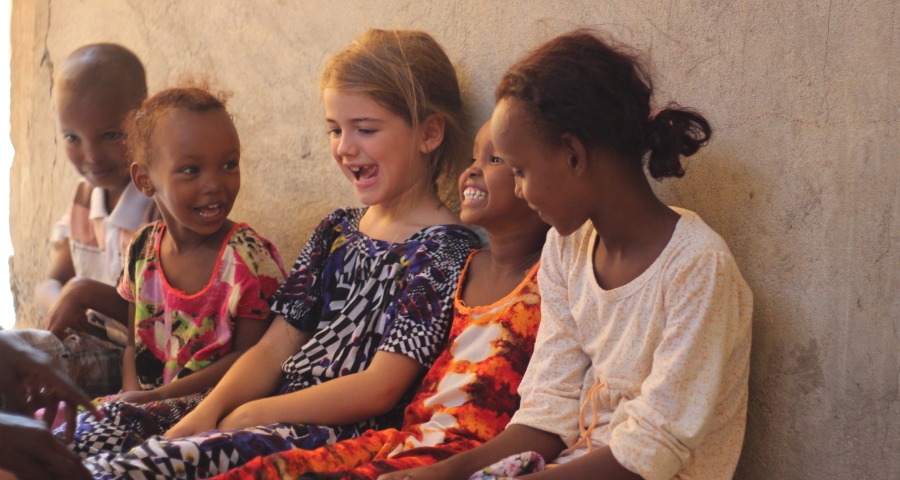How Third Culture Education Creates Tomorrow’s Leader
Thought Leadership
27 Oct 2017
By Sara Berenguer, Assistant Head of Primary, Regents International School Pattaya
The world is shrinking. Not literally of course – but as the world gets smaller, there is talk of a global village in which people from different cultures work together for common goals. Yet in many places in the world, people from different cultures are struggling to adapt and understand one another. As educators, we have a responsibility to ask ourselves where our future leaders are – the ones who will be able to cross these cultural divides. What values and skills must we be facilitating in the children in our international schools to enable them to find solutions to the potentially messy global challenges that the future holds? Years ago, much was made of the importance of I.Q. – the intelligence quota needed to analyse facts and evaluate information. Then came the idea of E.Q. – or Emotional Intelligence; the ability to understand both our own behaviour and that of others. In an international setting, many would argue that there is another even more important ‘intelligence’ needed to create the successful world leaders of the future: - Cultural Intelligence (C.Q.). People with high ‘C.Q.’ are said to be able to thrive in multiple cultures and it is believed to be something that we can continuously improve and develop over the duration of our lives. However, it is worth reflection that it is the ‘Third Culture’ children in our schools (so-called because they are raised and educated in cultures other than that of their own parents) who live and learn in this context on a daily basis. Speaking two or more languages, having an interest in other human beings, empathy and not judging others using their own cultures as benchmarks, are part of their everyday experience. How thrilling then it is to be a teacher at a leading international school, preparing these children to be the world changers of the future; – not shying away from ‘difference’ but gravitating towards it; - not fearing it but embracing it as creative, exciting, inspiring and enriching. With ‘Third Culture’ children finding their voice in the next generation of global citizens, the world will surely fulfil its promise of becoming a place of mutual understanding and respect.
The world is shrinking. Not literally of course – but as the world gets smaller, there is talk of a global village in which people from different cultures work together for common goals. Yet in many places in the world, people from different cultures are struggling to adapt and understand one another. As educators, we have a responsibility to ask ourselves where our future leaders are – the ones who will be able to cross these cultural divides. What values and skills must we be facilitating in the children in our international schools to enable them to find solutions to the potentially messy global challenges that the future holds? Years ago, much was made of the importance of I.Q. – the intelligence quota needed to analyse facts and evaluate information. Then came the idea of E.Q. – or Emotional Intelligence; the ability to understand both our own behaviour and that of others. In an international setting, many would argue that there is another even more important ‘intelligence’ needed to create the successful world leaders of the future: - Cultural Intelligence (C.Q.). People with high ‘C.Q.’ are said to be able to thrive in multiple cultures and it is believed to be something that we can continuously improve and develop over the duration of our lives. However, it is worth reflection that it is the ‘Third Culture’ children in our schools (so-called because they are raised and educated in cultures other than that of their own parents) who live and learn in this context on a daily basis. Speaking two or more languages, having an interest in other human beings, empathy and not judging others using their own cultures as benchmarks, are part of their everyday experience. How thrilling then it is to be a teacher at a leading international school, preparing these children to be the world changers of the future; – not shying away from ‘difference’ but gravitating towards it; - not fearing it but embracing it as creative, exciting, inspiring and enriching. With ‘Third Culture’ children finding their voice in the next generation of global citizens, the world will surely fulfil its promise of becoming a place of mutual understanding and respect.
Latest Chamber News
- Industry Focus
- Industry Focus
- News and Opinions







